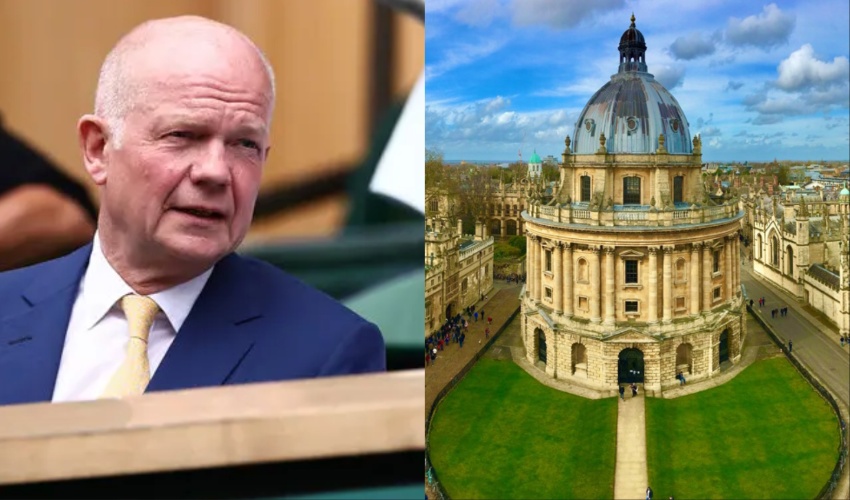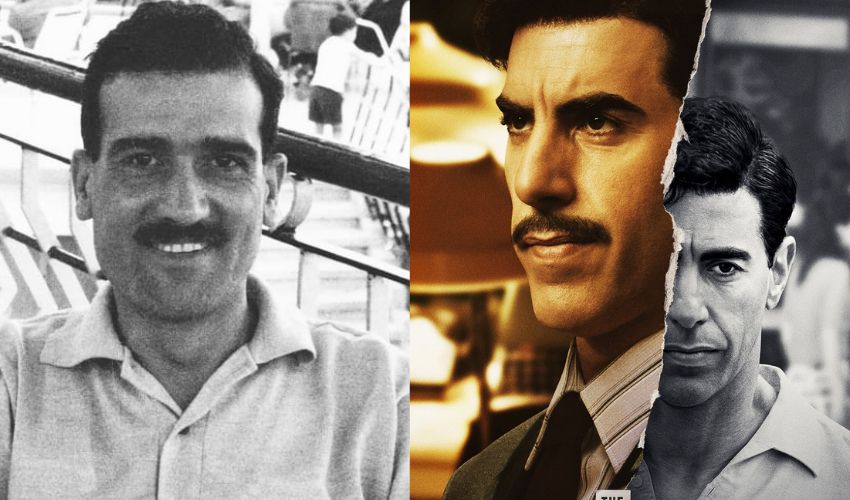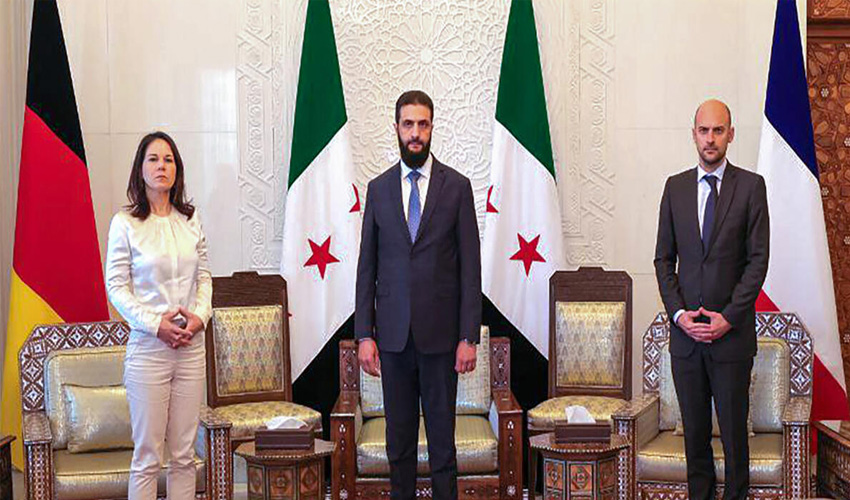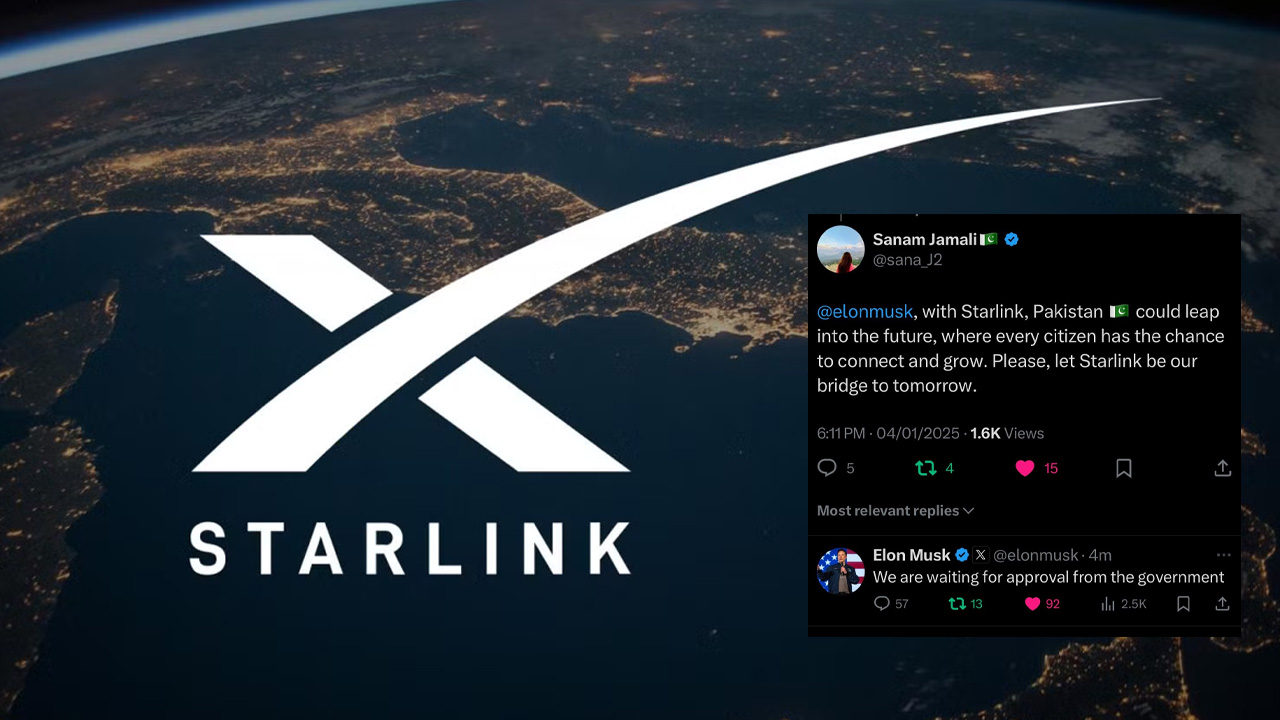William Hague - the former leader of the Conservative Party and ex-foreign secretary - has been elected as the 160th chancellor of Oxford University.
The result, announced on November 27, 2024, marks a significant moment for both the university and the veteran politician, who will serve a 10-year term in the largely ceremonial role.
Hague, a graduate of Oxford's Magdalen College in 1982, triumphed after four rounds of voting, securing 12,609 votes. He surpassed Lady Elish Angiolini, the outgoing principal of St Hugh’s College, who garnered 11,006 votes.
Angiolini, a former Lord Advocate of Scotland, had garnered significant attention for her leadership in the inquiry into the murder of marketing executive Sarah Everard.
The election, conducted online for the first time, began with 38 candidates competing for the role. Hague’s victory dashed the hopes of those hoping to see Oxford’s first female chancellor. Despite the close contest, Hague’s long-standing ties to the university, including his presidency of the Oxford Union during his time as a student, were central to his appeal.
In a statement following the result, Hague expressed his deep gratitude, calling the election "the greatest honour of my life." He emphasized that the next decade will be critical for Oxford, and by extension, the future of the United Kingdom. “What happens at Oxford in the next decade is going to be of enormous importance to our country,” he remarked.
His inauguration is scheduled for early next year, where he will formally succeed Chris Patten, the former Conservative politician and last British governor of Hong Kong, who had held the position since 2003. Patten’s retirement, announced earlier this year, has paved the way for Hague’s appointment.
The chancellorship, while ceremonial, carries with it significant responsibilities, including representing the university at national and international events, as well as overseeing the election of the vice-chancellor. Hague has already indicated his intentions to build on the legacy of his predecessors, focusing on the challenges facing higher education, particularly those related to funding.
Throughout his campaign, Hague stressed the importance of free speech and open debate, elements he believes are crucial for the university’s future. "Oxford should be a place of open debate – as it was for me in the Union – based on learning from the arguments of others," he stated, signaling his commitment to ensuring Oxford remains a leading institution for academic freedom.
Vice-Chancellor Irene Tracey welcomed Hague’s election, praising his long-standing commitment to the university. “William is someone who I know will serve and represent this magnificent institution with dignity and vigour,” she said, expressing confidence in his ability to lead Oxford through the challenges of the coming decade.
Hague’s election marks another chapter in Oxford’s rich history, one that stretches back over 800 years. His appointment follows in the footsteps of several prominent leaders, including former British prime ministers Oliver Cromwell and Harold Macmillan, who have held the chancellor’s post.
While many eyes will be on Hague as he begins his term, his election has already sparked significant interest in the future of Oxford University, particularly in the context of an evolving landscape for higher education in the UK.
In a related development, former Prime Minister Imran Khan, despite being incarcerated, had also applied for the position of Oxford's chancellor earlier this year. However, his bid was unsuccessful, with his name missing from the final shortlist of candidates.



























